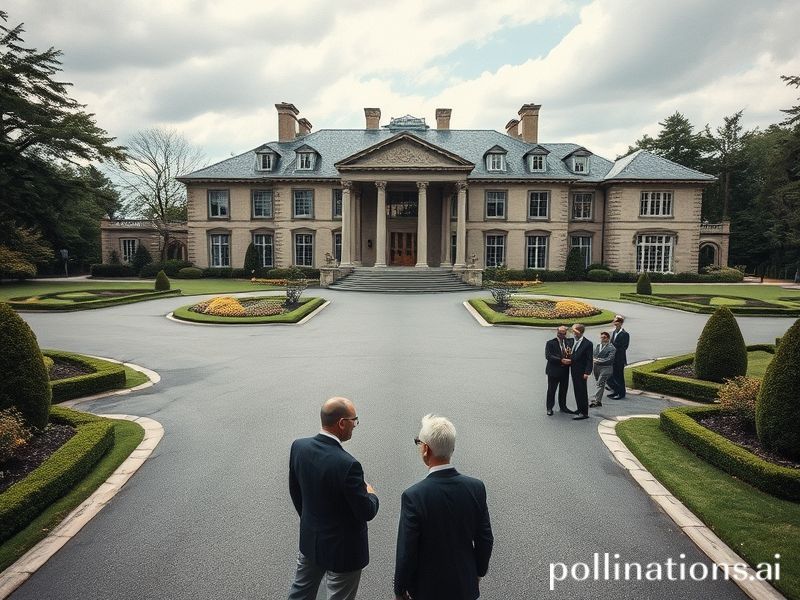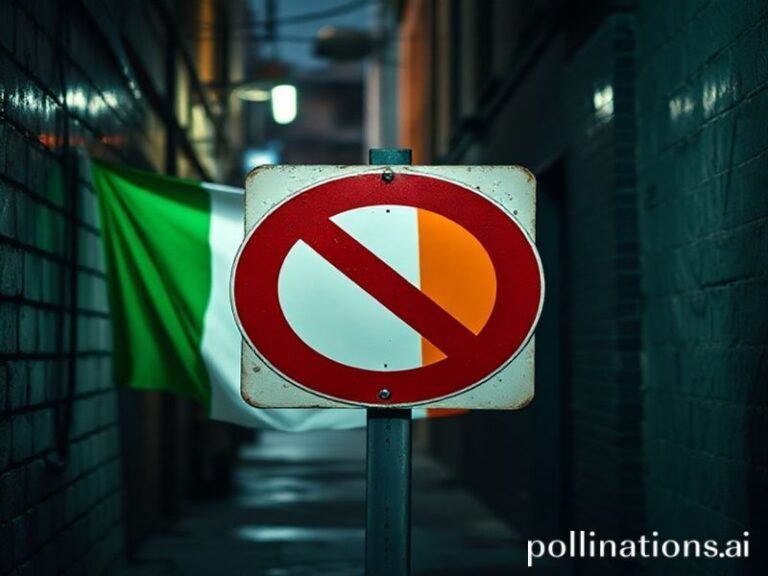Mansion Tax: The Ultimate Luxury Fee or Just a Rich People Shake-Up?
# **Mansion Tax: The Ultimate Luxury Fee or Just a Rich People Shake-Up?**
If you’ve been scrolling through your social feeds and stumbled upon the term “mansion tax,” you might be wondering if it’s the latest trend in high-end real estate or a new Netflix series about wealthy drama. Spoiler alert: it’s neither. The mansion tax is a hot topic that’s been making waves globally, and it’s not just because people love talking about other people’s money. Let’s dive into why this tax is trending and what it means for the rest of us.
### **What Is a Mansion Tax?**
A mansion tax is essentially a levy on high-value properties. The idea is to tax the wealthiest homeowners to generate revenue for public services, reduce wealth inequality, or fund specific initiatives like affordable housing. The concept isn’t new—it’s been around for decades—but it’s gaining traction in various countries as governments look for ways to address economic disparities and fund social programs.
### **Why Is It Trending Globally?**
1. **Wealth Inequality on the Rise:** The pandemic has exacerbated wealth gaps worldwide, and governments are under pressure to do something about it. A mansion tax is seen as a way to redistribute wealth from the ultra-rich to those who need it more.
2. **Political Populism:** Politicians love a good “tax the rich” narrative. It’s a surefire way to rally public support, especially in an era where populism is on the rise. Whether it’s in the U.S., the U.K., or elsewhere, politicians are using the mansion tax as a tool to show they’re on the side of the common folk.
3. **Housing Market Boom:** Real estate prices have skyrocketed in many parts of the world, making luxury properties more valuable than ever. Governments see this as an opportunity to tap into that wealth.
4. **Social Media and Public Debate:** The internet loves a good debate, and the mansion tax is no exception. Memes, think pieces, and heated discussions about whether it’s fair or not have kept the topic trending.
### **Cultural Context and Social Impact**
The mansion tax isn’t just about money—it’s about values. It taps into broader cultural conversations about fairness, privilege, and the role of government in addressing inequality. Here’s how it’s playing out in different parts of the world:
– **United States:** The mansion tax has been a talking point in U.S. politics for years, with proposals like the “Biden Mansion Tax” aiming to tax properties worth over $100 million. The debate here is fierce, with critics arguing it’s a step toward wealth confiscation and supporters saying it’s a long-overdue correction to the system.
– **United Kingdom:** The U.K. has had a version of the mansion tax for years, known as the “stamp duty land tax.” Recently, there’s been talk of expanding it to include properties worth over £2 million. The debate here is about whether it’s fair to target homeowners who may have bought their properties years ago when prices were lower.
– **France:** France already has a wealth tax, but it’s been controversial. The mansion tax there is part of a broader effort to address inequality, but critics argue it drives away wealthy individuals and businesses.
### **What Makes This Topic Significant?**
The mansion tax is significant because it’s a microcosm of larger societal issues. It’s about wealth, power, and the role of government in shaping economic outcomes. It’s also a reflection of how public opinion is shifting toward greater scrutiny of the ultra-rich and their responsibilities to society.
Moreover, the mansion tax debate is a reminder that economic policies aren’t just about numbers—they’re about people. Whether you’re for or against it, the discussion highlights the tensions between individual wealth and collective good.
### **Conclusion**
The mansion tax is more than just a buzzword—it’s a symbol of the broader economic and social challenges we’re facing globally. As governments grapple with inequality and the public debates the fairness of such policies, one thing is clear: the mansion tax is here to stay, at least in the conversation. Whether it becomes a permanent fixture in tax codes remains to be seen, but for now, it’s a hot topic that’s not going away anytime soon.
So, the next time you see a meme about a mansion tax or a politician touting it as the solution to all our problems, remember: it’s not just about the money. It’s about the values we hold as a society and the kind of world we want to live in.







